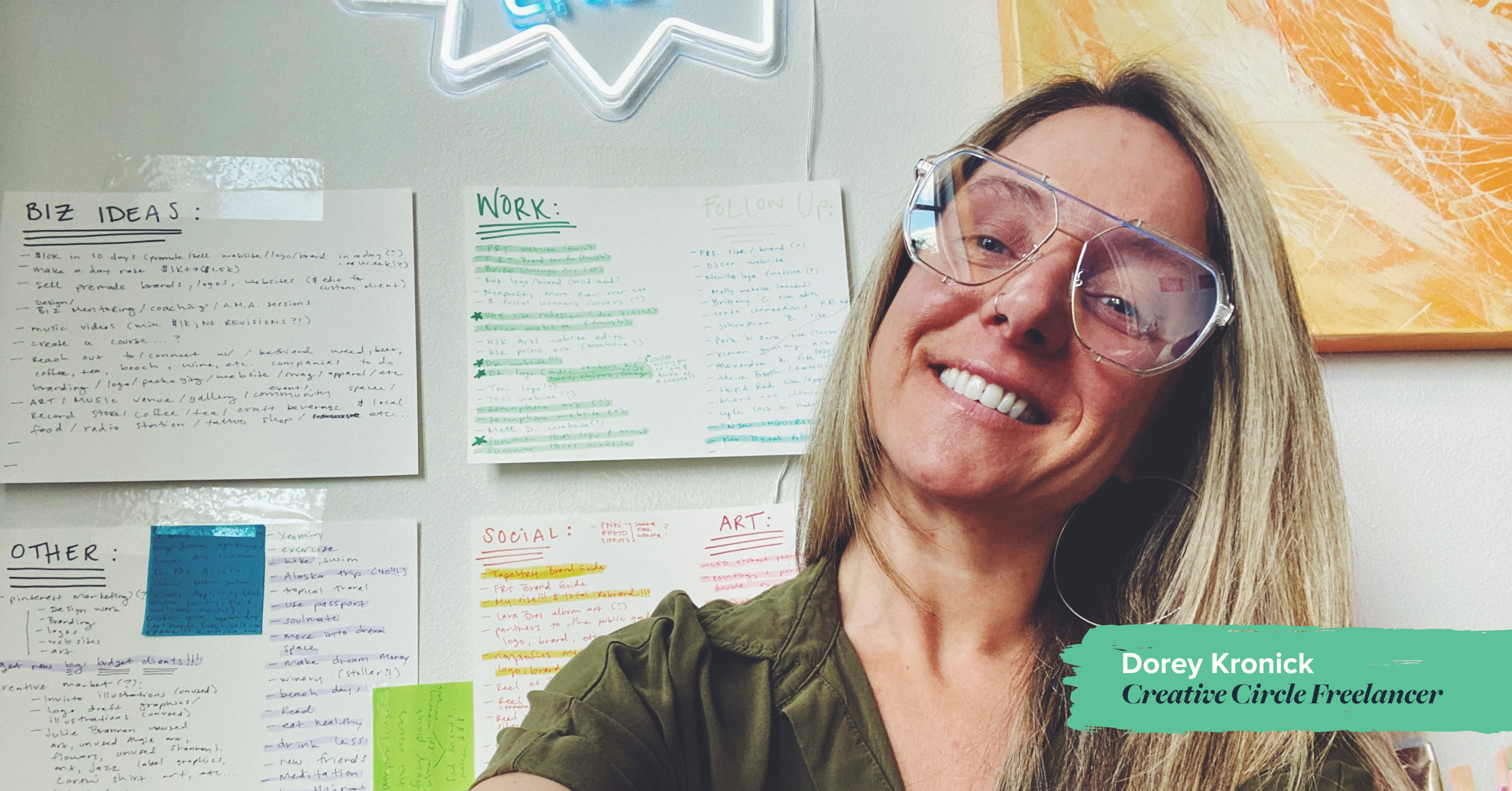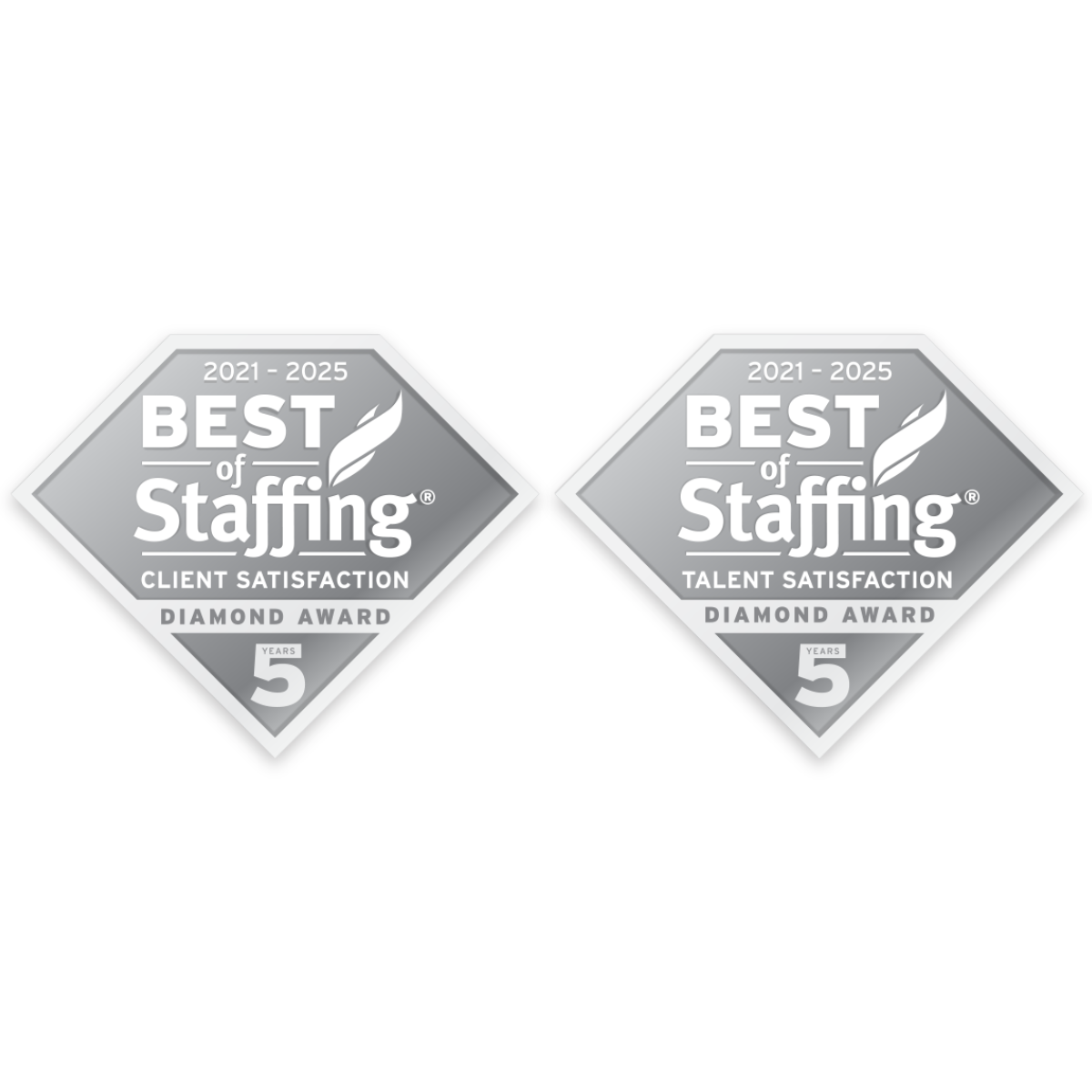The easiest way to get a new job or acquire new freelance clients is to market yourself long before you even start a job search. And the best way to stand out is to play to your strengths, marketing your most valuable skills and experiences that make you you. Keep reading to learn how you can market your skills
1. Speak the language.
Precise language and terminology is so important to land jobs in our industry.
For starters, if you’re applying to a job and your resume and cover letter don’t have position-specific keywords, your resume may never even make it into a human being’s hands, thanks to applicant tracking systems.
The more technical the field, the more terminology you weave into your resume or profile (and use correctly). Study the resumes and LinkedIn profiles of people who are working in your ideal or target job. Most importantly, make sure you’re using the same skills, keywords, and lingo as the job description you’re applying for!
Important: Don’t just stuff your resume and application with keywords for the sake of getting a callback. If you’re not being honest about your talents and skill levels, there is a 100% chance you’ll be found out. And if you waste a recruiter or hiring manager’s time with a bogus resume, you won’t be considered for jobs that you might have been a fit for.
2. Consider your contributions.
Now that you have added relevant keywords to your resume, take a step back and answer the question, “How will these skills solve a potential employer or client’s problems?” Weave those keywords into a meaningful narrative or elevator pitch that shows how you used those skills. It’s even better if you can tie them to quantifiable results.
It’s harder for people in creative roles, but consider adding in bullet points that tell stories like these:
- My contributions helped our team land the $X million XYZ account
- Wrote copy for an email marketing campaign that averaged an open rate of X% and a click-through rate of X%
- Helped manage the research, production, and deployment of an integrated campaign that led to a 12% increase in sales
(And this is why it really pays to be able to speak your discipline’s language.)
3. Tell the right story.
Your portfolio will be a living, evolving archive of your accomplishments, but if you’re trying to position yourself in a specific niche, make sure your work immediately conveys this. If you’re lucky, you’ll have five or 10 seconds to pique a hiring manager or creative director’s interest with your portfolio.
Start off strong, (re)organize your work, and make sure it reinforces the impression you’re trying to create. Web platforms like Squarespace, Wix, or WordPress are great for giving you the on-the-fly flexibility you need to tailor your portfolio.
4. Act like the expert you are.
Broadcast your expertise in a field by finding or creating a place to share your voice and opinions. than with your own blog or podcast. It doesn’t have to be fancy or formal, and it doesn’t have to be about the “hard sell,” either.
Hone your personal brand and position yourself, based on your skills and experience, by sharing and making insightful comments on articles and posts. Aim for a few of these interactions every week, if not on a daily basis.
If you have the time, start writing a few words about your own unique experiences or skills. Add a blog to your portfolio or personal website and promote it on LinkedIn; you’ll be surprised at how much extra traffic you can generate.
5. Don’t wait until you’re actively looking for a job.
You should be building the blocks to market yourself and working to keep your professional visibility high.
LinkedIn is a good place to start. Begin with a solid profile, complete with a professional-looking picture, which means no bathroom selfies, illustrations, pictures of your dog, pictures where you cut someone else out, or other images that would make a hiring manager pause.
Request a few meaningful recommendations from people who are familiar with your abilities – ideally, close colleagues who know the skills and value you bring, or more senior types to burnish your reputation. Endorsements are also good, but personal recommendations stand out.
Don’t forget the little things.
In the end, you still may find yourself competing against people with similar experience, qualifications, and skillsets, so you’ll need to make the effort to stand out.
- Start out with a no-brainer, like spellchecking all your communications and doing a quality check on your website and portfolio.
- Showcasing any volunteer work on your resume can also swing the vote in your favor, since company decision-makers are 82% more likely to choose a candidate with volunteer experience.
- Your portfolio and experience should ideally highlight and demonstrate your particular skillset, but having legitimate certification can make you stand out. Be sure to include relevant training and applicable certifications on your LinkedIn profile, portfolio and resume.
Whether you’re actively looking for a job or new business, it’s always a good idea to keep your eyes open for new opportunities to showcase your skills and experience.
Lisa is a Creative Circle candidate and seasoned advertising copywriter who lives in Los Angeles. Her background includes both in-house and agency work on Fortune 500 and global accounts in the consumer and healthcare/pharmaceutical fields. She excels at words, fashion, and cats. If you want to work with Lisa, contact Creative Circle Los Angeles.




